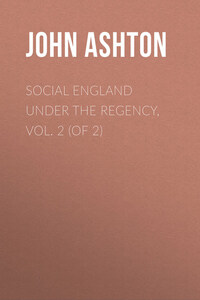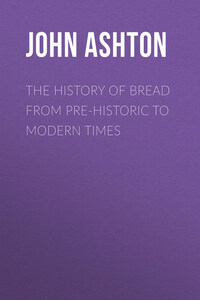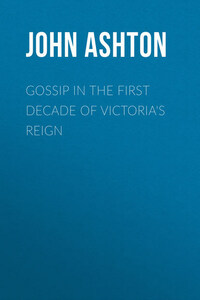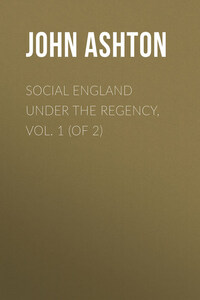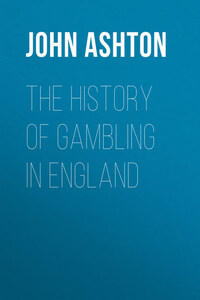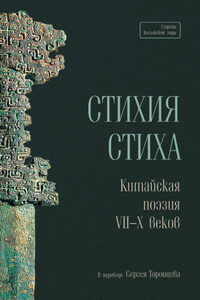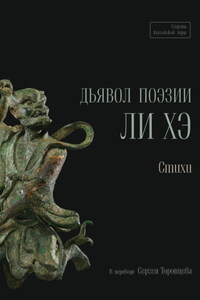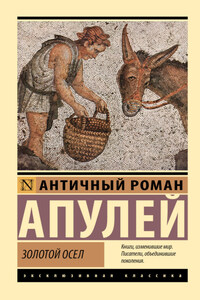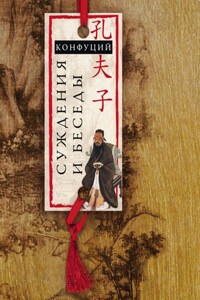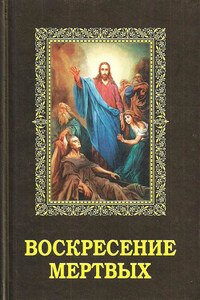Anti-Corn Bill riots – Riots in the north – Ratification of the Treaty of Peace with America – Attempt to steal the Crown – Epithets applied to Napoleon – The Prince of Wales' debts
At home our domestic peace was seriously interrupted at this time. Doubtless, with a view to assuage the agricultural distress, a measure was proposed, prohibiting the importation of corn, except when it had reached a price considered by the great body of the consumers as exorbitant. This, having once tasted comparatively cheap bread (the quartern loaf was then about 1s.), his Majesty's lieges did not like, and meetings against it were held all over the place, and Resolutions passed, the first of which is as follows, the others all hingeing upon it: —
"1. Resolved. That it is the opinion of the Committee, that any sort of Foreign Corn, Meal, or Flour, which may, by law, be imported into the United Kingdom, shall, at all times, be allowed to be brought to the United Kingdom, and to be warehoused there, without payment of any duty whatever."
The Mob, in those days, were even more unthinking than they are now, and, whilst the respectable portion of the community were agitating in a legitimate manner, they acted, according to their lights.
On the 6th of March many groups assembled near the Houses of Parliament, about the usual time of meeting, and the Lobby and avenues of the House were so crowded, that it was necessary to increase the force of constables, who ultimately cleared them. Those ejected stood on the steps, and cheered, or groaned, at the Members as they passed in; then they took to stopping Members' carriages, making them walk through a hissing and hooting crowd, and gradually went from bad to worse.
There were no police, as we know them, in those days – that is, there was no large body of stalwart, well-drilled men – consequently, whenever there was a riot, the Military had the task assigned to them of putting it down. They drove the people away from the House, but only to go elsewhere, and, no longer having the fear of the soldiery before their eyes, they gave unlimited scope to their powers of destruction.
They began at Lord Eldon's, in Bedford Square; tore down his railings, with which they forced an entrance into his house, smashed the windows, and all the furniture they could get at. At Mr. Robinson's, who introduced the Corn Regulations, they tore up his railings, got into his house, smashed some of his furniture, throwing the rest into the street, and destroyed many valuable pictures. At Lord Darnley's, Mr. Yorke's, and Mr. Wellesley Pole's, all the windows were smashed. Lord Hardwicke's house was attacked, but little mischief was done, owing to the arrival of the Military. They went to Lord Ellenborough's, but he behaved bravely; he opened the door, and, standing before them, inquired into the meaning of it all. They yelled at him that it was "No Corn Bill! No Corn Bill!" upon which he spoke a few words to them, and they cheered, and left him. There were the Horse Guards and three regiments of Foot Guards under orders; but they were scarcely made use of, and that only in the most pacific manner.
Next day (the 7th) they met, in the same manner, near the Houses of Parliament, and, when driven thence, went forth to seek what they could devour, but the Military were abroad, parading the streets, and guarding each house that had been wrecked. The rioters paid another visit to Mr. Robinson's, and seeing no signs of soldiers, thought they could throw stones at the shutters with impunity. They reckoned, however, without their host, for the soldiers were inside the house, from which seven shots were fired, one of the Mob falling dead, shot through the head. He was not identified, but was believed to have been a naval officer.
This was too warm to be pleasant, so they went to Baker Street, where the brave fellows smashed the doors and windows, and tore up the iron railings, at the house of Sam. Stephens, Esq., late M.P. for St. Ives, the said house being then under the solitary care of an elderly female. Then these heroes, animated by their last exploit, tried to wreck No. 38, Harley Street, the house of an inoffensive lady, named Sampson, broke the windows of two houses in Wimpole Street, and three in Mansfield Street, Portland Place. The excitement spread to the City, and a Mob collected in Finsbury, whence they valiantly marched to Chiswell Street, where they broke a few windows at Whitbread's Brewery.
The next night, the 8th, the riots were continued, but were rather worse. The Mob was charged once by the Military, and dispersed, only to form again in another place. It was time that something should be done, and le Roi fainéant at Carlton House woke up, and on the 9th issued a long proclamation all about the wickedness of rioting, and offering £100 reward on conviction of any of the rioters. But the thing was wearing itself out, and on this day nothing worthy the name of a riot took place, except when they broke the windows at the house of Mr. Davies Giddy, M.P. for Bodmin, who retaliated by firing on the Mob, whereby a boy was wounded in the neck. But there were more Military about this day, which may account for its comparative quiet, and Lord Sidmouth, as Home Secretary, had issued a Circular to every parish in the Metropolis, urging them to take individual action in suppressing the riots, each in its own locality. There was an attempt to get up a riot in Canterbury, but no mischief was done, except a few broken windows, and it was promptly quelled.
